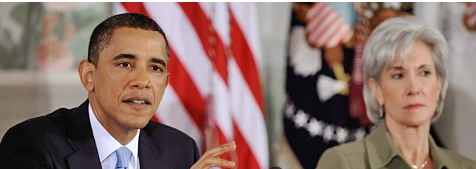
Federal college rankings: not a neutral process
President Obama last month proposed a “Plan to Make College Education More Affordable.”
College education that is more affordable, dynamic, and effective: who can disagree? Yet the effort has built-in dangers, considered from the angle of contemporary negative trends in religious freedom-the contemporary tendency of the government to use cast over more and more areas of society uniform secular standards while only grudgingly accommodating countercultural faith-based practices. Two aspects of the plan, in particular, bear close monitoring.
1. The Department of Education is supposed to develop a new federal college rating system. That system will then be used by the federal government in allocating federal student aid. Once these elements are in place, “Students can continue to choose whichever college they want, but taxpayer dollars will be steered toward high-performing colleges that provide the best value.”
Yet there is no single measure for the quality of higher education. The ratings are supposed to take into account the different missions of the different institutions and to be based on broad consultation. Nonetheless, given the diversity of missions and the importance of religion for a significant sector of higher education, there is every reason to worry about a rating system developed by the federal government, rather than by non-governmental accrediting agencies or other non-governmental bodies.
2. The current “Pay as You Earn” program is to be expanded so that more students are eligible for capped student-loan repayments and for eventual forgiveness of the remainder of the loan if they work in an approved job. At the moment, “qualifying employment” is construed capaciously as any job with a government agency, any 501(c)(3) nonprofit, or with certain other nonprofit organizations. The rules specifically say, “The type or nature of employment with the organization” does not matter. So no exclusion of particular organizations or jobs as being “too sectarian” or “discriminatory.” That’s now. Will these open qualifications be maintained? This, too, will need careful monitoring.
